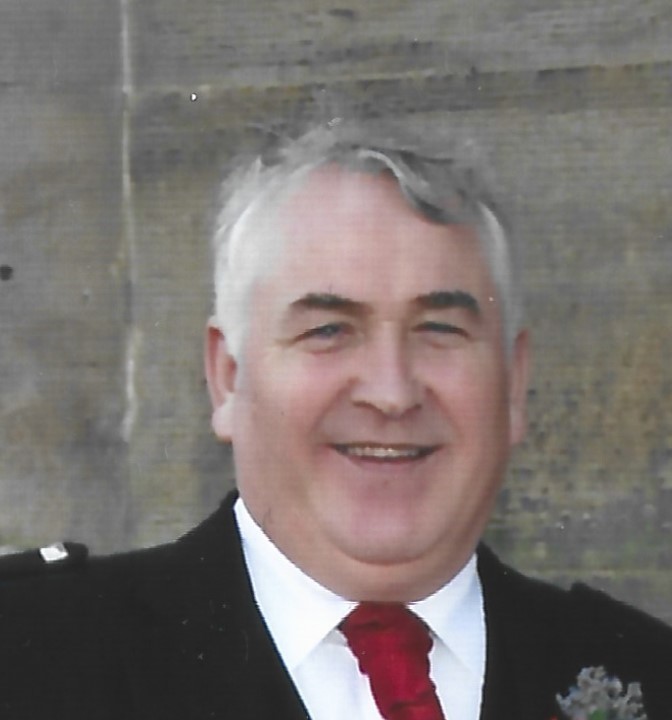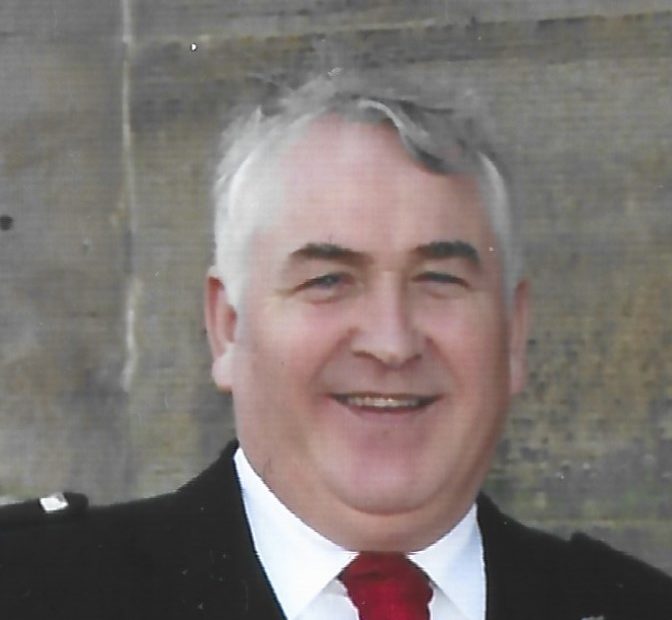
Hugh Docherty knows about sleep. As a former soldier and veteran of the first Gulf War, he was used to trying to grab 40 winks at times of heightened stress. After his service, some 20 years ago, sleep started to become an issue, when, alarmingly, Hugh noticed that he was falling asleep while driving.
“I was just nodding off at the wheel,” he says. “It was frightening. I didn’t know what was happening at all, because I didn’t know I wasn’t getting a good sleep.”
Hugh’s GP thought there might be more to it than just being tired and referred him to the Sleep Clinic at Glasgow Royal Infirmary. An overnight test and then supervised sleep sessions revealed the cause was sleep apnoea, a condition where your breathing stops and starts while you sleep. It often leads to people making gasping or choking noises while they sleep, leaving sufferers feeling tired and sleepy during the day.
To treat the condition, Hugh, 65, from Riddrie in Glasgow, was introduced to the CPAP machine. As you sleep, CPAP provides air at a pressure just high enough to prevent the collapse of the airway. The pressurised air is provided through a mask that seals with the mouth or nose. This allows patients to breathe without much effort and sleep without waking up.
“It takes a lot of perseverance,” Hugh adds. “But it makes a huge difference once you get used to it. It allowed me to sleep during the night, so I could be awake during the day.”
Many people will be aware of the term CPAP following the COVID pandemic. CPAP was one of the early interventions, used to help hospitalised patients who required additional oxygen support.
Aileen Nicol, an Advanced Sleep Clinical Physiologist from the sleep team at GRI was called in to support COVID patients, her expertise in CPAP proving invaluable in the effort to treat COVID positive patients.
COVID restrictions also saw face to face appointments at the Sleep Clinic halted. The team quickly adapted, sending out CPAP machines to patients and conducting video consultations set patients up on the equipment.
Aileen says: “Many of our patients stayed at home, shielding during COVID because they have a respiratory condition, so doing things remotely has been hugely beneficial for many of them.
“It’s important because when the treatment works it makes a huge difference in patients’ lives. Instead of people dozing off, they are much brighter. They can continue driving and keep their license – and they’re tired at bedtime, instead of during the day.”
Consultant and clinical lead at the Sleep Clinic, Dr Eric Livingston, says: “We get referrals from across the West of Scotland and the move to being able to provide these services at home has been a massive success.
“Our team have been great at making sure our service has continued throughout the pandemic, helping our patients to lead better lives. It’s a real team effort and I’m immensely grateful to Aileen and her colleagues for all that they do.”
After his army service, Hugh spent 18 years working for NHS Greater Glasgow and Clyde, at the GRI, as a deputy manager within the Health Records Department. Now retired, he’s looking forward to going on holiday and the CPAP machine will travel with him.
He adds: “When you go on holiday, it comes with you in what looks like a wee laptop case – it becomes part of your everyday life.”
Whether at home or abroad, the team at the GRI are always there for Hugh. He concludes: “The team are really supportive, they are always there for you whenever you need anything. I want to thank everyone from the team who first looked after me right up until now.”

